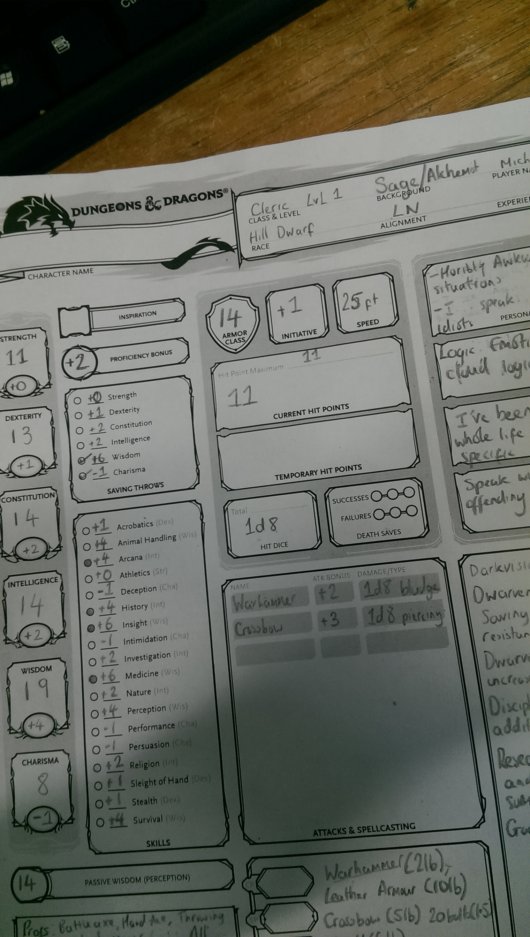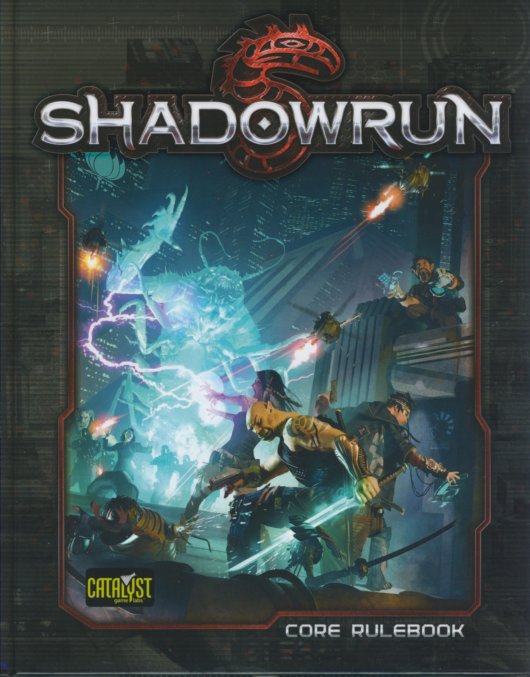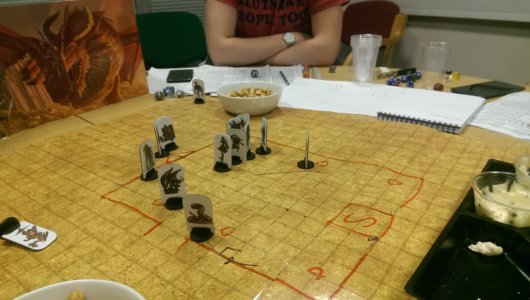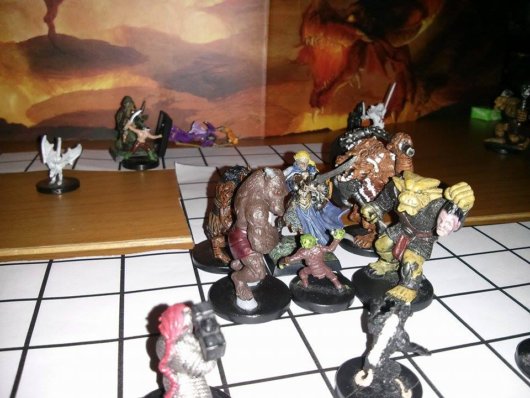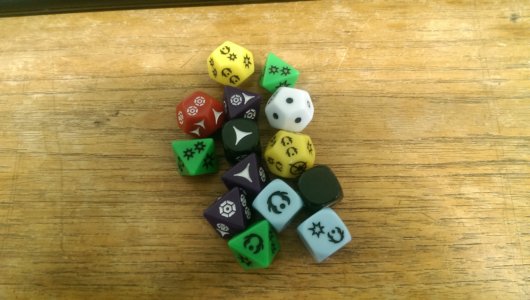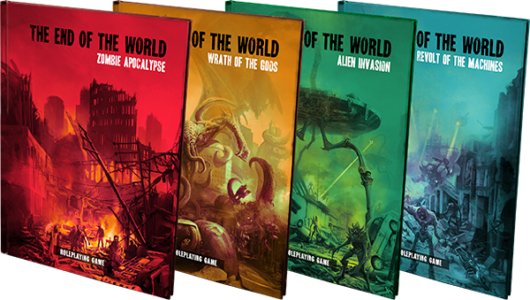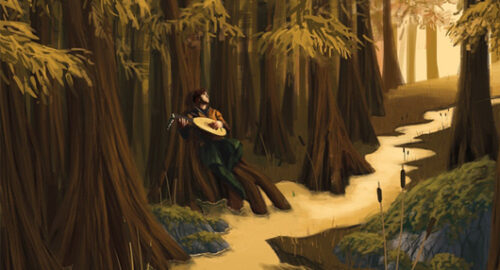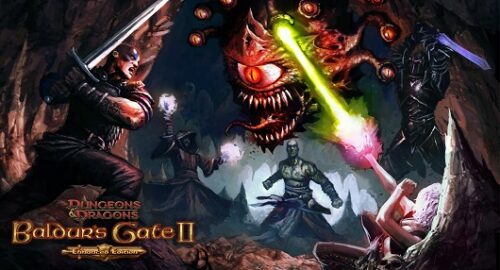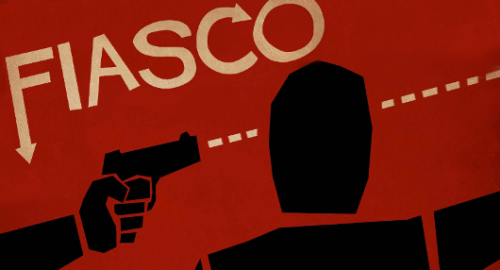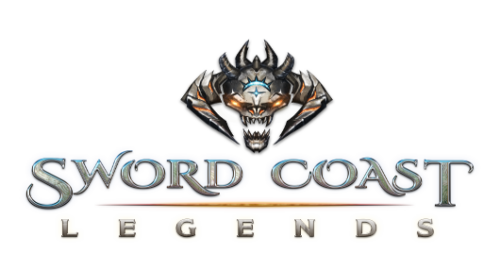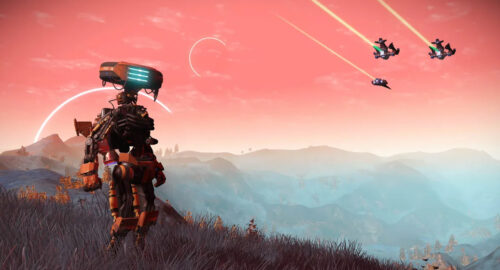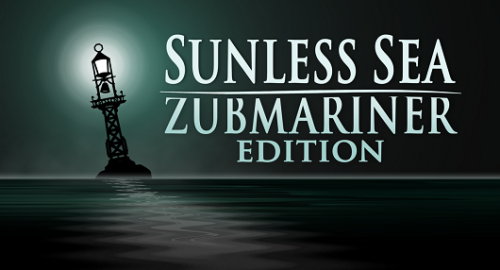When I was much younger being geeky or nerdy (or whatever word you want to use) was somewhat frowned upon. At secondary school I kept a lot of my intrinsic geekiness hidden under the surface. The fact I played Magic the Gathering with a friend outside of school was a closely guarded secret – my worryingly large Beyblade collection even more so. Nowadays this is less of an issue and I openly display my nerdiness with pride. Part of it is not really caring what people think any more, but mostly it’s because I’m quite fond of these little hobbies of mine. I love playing video games. I love playing board games. As you can probably tell I quite like writing about them now. When a work colleague asks me on Tuesday if I have plans for the evening, I proudly tell them that I’m off to a bar in Dalston to have some beers and play some board games.
There’s been one facet of nerd culture that, until recently has still always seemed a little too nerdy. As the title of this article suggests I’m, of course, talking about tabletop roleplaying games. Games like Dungeons and Dragons and its ilk always seemed….a bit too much. A lot of this probably stems from a school trip to Berlin about ten years ago. None of my close friends were really into German so I was roomed with some of the geekier kids. These were the openly nerdy guys in our year, unlike me and the coward that I was. One of the guys had brought his Dungeons and Dragons books with him and, on the 17 hour coach journey, talked me through the general rules and how much fun they’d all be having role-playing through the nights.
It actually sounded…pretty darn fun. I got to Berlin and on the first night we made a character. For the life of me I can’t remember what it was…an elf or a dwarf; a warrior or a cleric, who the hell knows. I don’t even remember the edition of D&D we were using. See, everything changed the next day. I met a girl. She was in my year but had, somehow never really been in any of my classes by this point. Suddenly we were talking all the time and, from my 15 year old self’s point of view, flirting like crazy. She liked my overly gelled spikey hair and the smell of my Lynx body spray. Next thing I know she’s pinching my bum in the Reichstag and my mind couldn’t be any further from Dungeons and Dragons or in fact anything about Berlin!
On the last day of the trip I walk into my room, and find her lying on my bed… with my D&D character sheet in her hand and a very confused look on her face. Needless to say the relationship didn’t really last beyond our short time in Berlin. In hindsight the character sheet probably had nothing to do with that but it’s the sort of thing that sticks with a guy! However, a decade later I feel it’s time to grow the hell up and finally find out what I’m missing.
As I began my journey I realised I was extremely naive and largely ignorant about how these games really worked. More specifically, I didn’t understand what experience roleplaying game would provide that I couldn’t already get from a video game or a board game. When I think about tabletop RPGs I think of huge, overwhelming rulebooks, complicated dice mechanics and a game master (GM) narrating, directing and arbitrating the story.
From my initial point of ignorance it seems that the most important aspects of roleplaying could be found in cooperative board games. Games like Arkham Horror and Eldritch Horror are clearly based on the Call of Cthullu roleplaying game. Some cooperative roleplaying games involve similar (albeit heavily simplified) dice mechanics, and character sheets. Many of these games still tell a coherent story, simply replacing the GM with a series of cards – a few even include a GM-like figure. Descent: Journeys in the Dark and Last Night on Earth pits a group of players against one other player who controls all the monsters and other obstacles in the adventurer’s path. Surely these board games simply distill and purify the role-playing experience and package it into a simpler, more easy-to-digest rule set?
Okay, let’s say you like complicated and deep rule sets. You like the idea of building a character from scratch, levelling them up over hours and hours of play and having enough freedom to shape them into whoever you want. Surely that’s where video games come in? Modern day video game RPGs are heavily inspired by tabletop roleplaying games of old. In fact, early CRPGS like Baldur’s Gate and Icewind Dale didn’t just take inspiration but based their entire battle system on Dungeon and Dragons 2nd Edition. Attributes like Strength, Charisma, and Wisdom found in so many computer games all have their origins in tabletop RPGs.
Video games simply take the behemoth rule books and complicated dice rolling and hide them in the background. Instead of rolling a tonne of dice to see if you hit and work out damage, the game does it for you. Instead of reading up a whole chapter to work out what skills you get when you turn level 3 the game just gives you a few buttons to click and then you’re back in the game. The GM is replaced by the games story, its AI and its graphics. Modern day massively multiplayer online RPGS (MMORPG) capture the multiplayer aspect of tabletop games, remove all the fluff and complications whilst keeping the depth and longevity.
Or so I thought.
See, there was something I was obviously missing; something about tabletop RPGs that separates them from its video game and board game successors; something that keeps them relevant in the second decade of the 21st century. To figure out what this was I asked a few friends who I knew played this games for some advice, and they lent me some of their rulebooks. I worked my way through the hefty core rule book for Shadowrun 5th Edition, and the Pathfinder Beginner Box. I learnt how to make a character, and how the dice worked in these respective games. I learnt a bit about their background and their story yet I still didn’t really get how they would play. It seemed that just reading about these games wasn’t going to get me very far.
The true eureka moment came when I watched a video on Will Wheaton’s popular Tabletop YouTube channel, included below. The game in question was Fiasco, part of a new breed of smaller, more independent RPGs. On the face of it Fiasco, contains none of the distinctive features that I would have originally associated with a roleplaying game. The rulebook is tiny. This game is played without any games master. There are no character sheets. Dice are used but incredibly sparingly and incredibly simply. Yet, despite these strange omissions Fiasco seemed to represent roleplaying at its most pure, and made it blindingly obvious what I’d been missing this entire time. The one thing that tabletop roleplaying games do that no other medium can.
In a roleplaying game you tell a story.
[youtube id=”WXJxQ0NbFtk” align=”center” mode=”normal” autoplay=”no” maxwidth=”530″]
Fiasco, like any good RPG, is a collaborative story generator. The slogan on its back cover sums it up perfectly: “a game of powerful ambition and poor impulse control”. Fiasco takes inspiration from films like Fargo, Burn after Reading and Lock, Stock and Two Smoking Barrels; films where stupid plans are hatched, bad relationships are made and, invariably, everything goes to hell.
Fiasco begins with a playset, the core of the game which provides the games general setting and theme as well a whole list of Relationships, Needs, Objects and Locations. These playsets range anywhere from gangland London, to 16th century Florence with most playsets making it very clear which movies or TV shows inspired them. You roll a big pile of six sided dice and use those, and the categories written on the playset to set-up the volatile story you’re about to tell. You form a ring of relationships around the table – perhaps to your left is your wife, to her left is her lover who, in turn, is sitting next to a gang boss he’s in debt with. The gang boss is sitting next to one of his lackeys, a drug dealer who is sitting on your right and works with you at the local supermarket. Add in a few strange desires, a few locations and some a few crazy objects and you’ve got the beginning of a cracking movie where pretty much everyone is going to die… horribly.
Once this initial set up is done all that’s left to do is… roll with it. Each turn you set up some sort of scene involving your character and any others you want to include and then you just start improvising. The twist is that, you get to establish how a scene begins but all the other players get to decide how the scene ends, more specifically whether it ends well or badly for your character by giving you one of two coloured dice. The Tabletop video shows this in more detail, each player acting out in character as the situation gets worse and worse. Once every scene is done, and all the dice have been used up the story is complete and, if everything has gone well, you should have created something pretty darn entertaining.
As I said above it was this game that really nailed home what I wasn’t getting about roleplaying games before. Video games might have the depth and character development of a roleplaying game and cooperative board games might offer a quick, simple alternative but neither have the true story telling ability of a tabletop roleplaying game. This is particularly true when you compare them with video games. In a tabletop RPG there are no invisible walls blocking your path. In an RPG the conversations with non-playable characters can go any way you wish; you’re not just confined to a few select choices of dialogue. There’s no dumbed down morality system, no renegade or paragon dialogue options – you can do or say whatever want. To put it simply, and using rather fluffy language, the only limit is your imagination.
Fiasco may have been the game that finally taught me what a roleplaying game could be but it was not the first roleplaying game I played. That honour goes to the newest edition of Dungeons and Dragons. A decade after that fateful trip to Berlin and I’ve come full circle once again creating a D&D character sheet and rolling some oddly shaped dice! Dungeons and Dragons is a roleplaying institution. Originally release over 40 years ago its newest incarnation, 5th Edition, introduces a fresh rules set, and is a perfect stepping on point for new players. A few months ago it did just that for me. Our adventure, The Lost Mines of Phandevler, came straight from the games fantastic starter set. By the time, me and a few colleagues sat down to play the games primary rule book, the Players Handbook had been released. Rather than use the pre-generated characters included in the starter set we set about making our own. I crafted Ulfgar Ungart, a Dwarf Cleric from the south of Faerun. A wise and powerful healer, Ulfgar is unfortunately incredibly unlikable. Rude, rash and often saying what he thinks without thinking, Ulfgar will heal your wounds but he’ll do it with a pissed off look on his face.
Once created, Ulfgar and five other characters began our adventure on the Sword Coast led by our experienced Dungeon Master. Our adventure almost immediately involves combat. The six of us find ourselves in a cave filled with goblins, wolves and other beasties. We disarm traps, climb sheer cliff faces and fires arrows and spells all with the roll of a twenty sided dice. We get beaten to crap by a Bug Bear and learn the first few titbits of the adventure that will follow. The adventure included with the 5th Edition starter set does a fantastic job of introducing you to the world of roleplaying one baby step at a time. It teaches you how to fight. It encourages you to check for traps and constantly be aware of your surroundings. It nudges you towards clever roleplaying and rewards you for thinking outside the box, going beyond just whacking things with a sword.
The adventure really gets going, however, when you reach the village of Phandelin. Up to this point our adventure had been completely linear, working our way through a corridor of scripted encounters. In Phandelin the adventure sandboxes out, providing us with a host of primary and secondary quests we can busy ourselves with. To anyone who has played Skyrim or any similar video game it felt incredibly familiar. However, as I’ve already said, unlike these games our options were not confined to these simple quests. This was a true sandbox and, as long as we adhered to the simple laws the game rules provided, we could pretty much do whatever we wanted.
This became especially true during our third or fourth session of D&D. We’d just investigated a large mansion, and cleared it of a rather nasty bandit infestation. We returned to the inn to celebrate, go to sleep and level up gaining new spells and skills in the process. A few of the players decided to partake in a bit of silly roleplaying, getting drunk in the bar and causing a bar fight with the inn keeper. One player decides takes it a bit too far, draws his sword and ends up getting chased away by the town guards. The rest of the characters awake the next day to find the offending adventurer, Anchovie (yes..Anchovie) arrested and in jail. A few of us head to the mayor’s office and attempt to convince him to release him. A huge argument follows with the mayor offering to release Anchovie if we decline to accept the reward for clearing out the local mansion. We definitely all prefer money over Anchovie at this point so we refuse that offer and eventually the mayor agrees to release Anchovie if we help rid the town of its last few bandits, currently house in the town’s less savoury inn.
What proceeded next was the battle of our lives. The “last few bandits” turned out to number around 20 of the blighters and the battle would take every ounce of strategy, deception and roleplaying skill. We lure a few away before sneaking back to finish the rest off. We entice the remaining bandits out of their bar before our sorcerer unleashes a devastating area of effect lightening spell. Arrows and swords and axes start flying everywhere. My little cleric is in the thick of it, attacking and healing party members. Eventually we start falling in battle, one by one succumbing to our wounds and falling unconscious including poor Ulfgar who loses his teeth and most of his nose in the process. The battle ends with just a few of us left versus one remaining bandits. Anchovie, the silly fool who caused this whole mess tries to finish with one well-placed arrow. He aims. He shoots. And misses fantastically, hitting a fellow adventurer in the face with enough power that it kills him instantly…
All of this was completely made up on the spot and completely off piste. None of this was included in the scripted adventure and it all came about because of the actions we made. It was a level of story control and freedom that no video game can emulate. It’s also worth noting that this was all done simply by talking and rolling a die or two. There were no fancy graphics or amazing game engines. There’s was just the 7 of us, DM included, shouting at each other whilst scoffing on snacks and a crap load of gin, laughing hysterically as Anchovie shot an arrow through another players face.
Oh and in case you hadn’t guessed it was bloody awesome.
Since my little foray with D&D I’ve become a bit obsessed with this roleplaying malarkey. I’ve purchased Star Wars: Age of Rebellion by Fantasy Flight Games, flying around the galaxy battling the empire with some even weirder looking dice! More recently I’ve picked up a brand new RPG, also by Fantasy Flight, entitled End of The World: Zombie Apocalypse. This game, the first in a series of four End of the World games tasks a group of players with surviving for as long as they can in a series of apocalyptic worlds. The twist, is that rather than playing some fancy character, you roleplay as yourself. Sure, you still create a character sheet but the attributes, dexterity, vitality etc, are all based on your abilities. Skills and pre-existing conditions you have go on the character sheet too. You still roleplay but rather than, a bunch of fantasy adventurers in a castle it’s you and some friends killing the zombified remains of your mother and father in your old family home. It’s… dark.
Ten years after that trip to Berlin I’m actually a little disappointed I never got to play a session of D&D with those guys. Heck, even if the real reason that relationship didn’t last was because of my character sheet I don’t really give a damn. This stuff is awesome and I’m proud to be a geeky roleplayer whose work bag contains more polyhedral dice that it does actual work!


